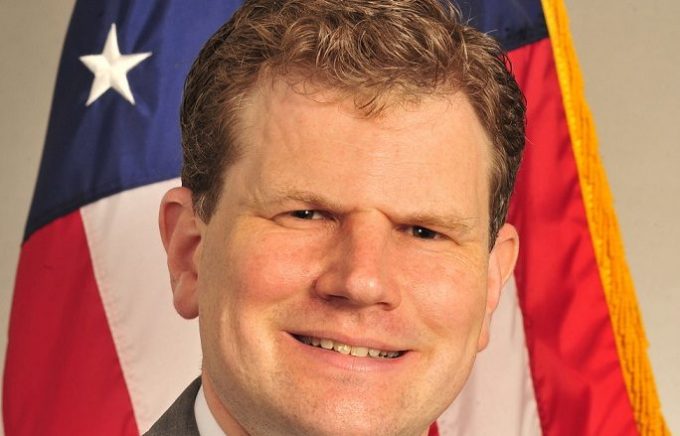Cargo owners and truckers slam carriers' call to delay new D&D rules
Organisations representing cargo owners and drayage providers are up in arms over an attempt by ...

The US Federal Maritime Commission (FMC) says there is increasing demand for its services as the number of industry complaints from shippers increases.
Speaking to a House Committee on Transportation & Infrastructure subcommittee yesterday, FMC Chairman Daniel Maffei requested a budget increase of 5.2%, raising overall funding to $34,683,500, which he said was needed to support the FMC’s growing activities.
He wants to increase staff at the commission’s Bureau of Enforcement, Office of Consumer Affairs and Dispute Resolution Services. Most of the ...
Volcanic disruption at Anchorage could hit transpacific airfreight operations
Macron calls for ‘suspension’ – CMA CGM's $20bn US investment in doubt
De minimis exemption on shipments from China to the US will end in May
Forwarders stay cool as US 'liberation day' tariffs threaten 'global trade war'
Trump tariffs see hundreds of cancelled container bookings a day from Asia
Mixed response in US to 'Liberation Day', while China leads wave of retaliation
Tariffs and de minimis set air freight rates on a volatile course

Comment on this article